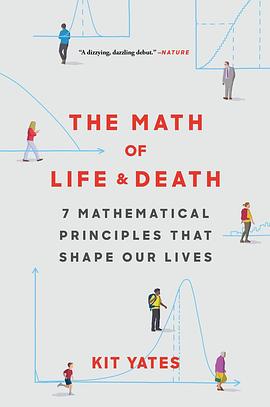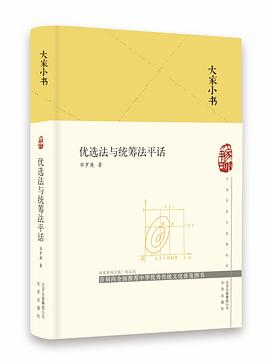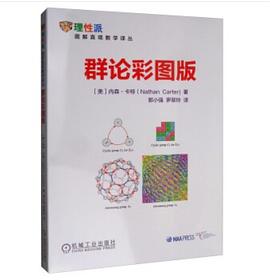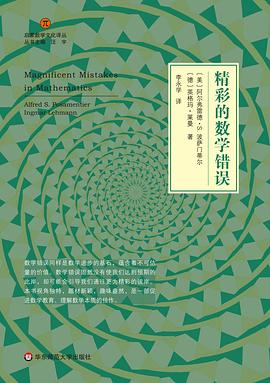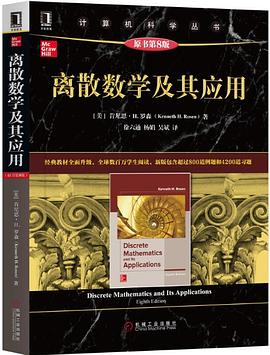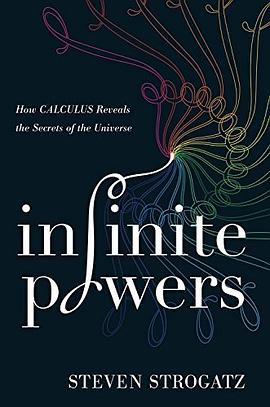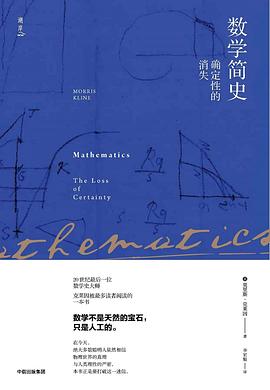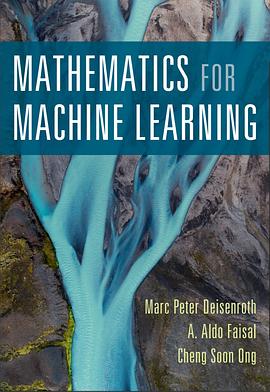

具体描述
Marc Peter Deisenroth is a Senior Lecturer in Statistical Machine Learning at the Department of Computing, Imperial College London. His research interests center around data-efficient and autonomous machine learning, and he has taught courses at both Imperial College London and at the African Institute for Mathematical Sciences (Rwanda). Deisenroth was Program Chair of EWRL 2012, Workshops Chair of RSS 2013 and received Best Paper Awards at ICRA 2014 and ICCAS 2016. In 2018, Deisenroth has been awarded The President's Award for Outstanding Early Career Researcher. He is a recipient of a Google Faculty Research Award and a Microsoft Ph.D. Scholarship.
A. Aldo Faisal leads the Brain and Behaviour Lab at Imperial College London, where he is also a Reader in Neurotechnology at the Department of Bioengineering and the Department of Computing. He was elected Junior Research Fellow at the University of Cambridge and has worked with Daniel Wolpert FRS on human sensorimotor control at the Computational and Biological Learning Group. Faisal worked on strategic management consulting with McKinsey & Co. and was a 'quant' with the investment bank Credit Suisse. His research aims at understanding the brain with principles from engineering, which translates into direct technological applications for patients and society.
Cheng Soon Ong is Principal Research Scientist at the Machine Learning Research Group, Data61, Commonwealth Scientific and Industrial Research Organisation, Canberra (CSIRO). He is also Adjunct Associate Professor at Australian National University. His research focuses on enabling scientific discovery by extending statistical machine learning methods. Ong received his Ph.D. in Computer Science at Australian National University in 2005. He was a postdoc at Max Planck Institute of Biological Cybernetics and Fredrich Miescher Laboratory. From 2008 to 2011, he was a lecturer in the Department of Computer Science at Eidgenössische Technische Hochschule Zürich, and in 2012 and 2013 he worked in the Diagnostic Genomics Team at NICTA in Melbourne.
https://mml-book.github.io/
::This self-contained textbook introduces all the relevant mathematical concepts needed to understand and use machine learning methods, with a minimum of prerequisites. Topics include linear algebra, analytic geometry, matrix decompositions, vector calculus, optimization, probability and statistics::
The fundamental mathematical tools needed to understand machine learning include linear algebra, analytic geometry, matrix decompositions, vector calculus, optimization, probability and statistics. These topics are traditionally taught in disparate courses, making it hard for data science or computer science students, or professionals, to efficiently learn the mathematics. This self-contained textbook bridges the gap between mathematical and machine learning texts, introducing the mathematical concepts with a minimum of prerequisites. It uses these concepts to derive four central machine learning methods: linear regression, principal component analysis, Gaussian mixture models and support vector machines. For students and others with a mathematical background, these derivations provide a starting point to machine learning texts. For those learning the mathematics for the first time, the methods help build intuition and practical experience with applying mathematical concepts. Every chapter includes worked examples and exercises to test understanding. Programming tutorials are offered on the book's web site.
用户评价
##剑桥出版的书文风总是规整一些,读起来排版很美。前面小错误不少,网站上给了校正。
评分 评分 评分 评分 评分 评分 评分 评分##相较而言我更喜欢前半部分有关于数学基础的部分,深入浅出。
相关图书
本站所有内容均为互联网搜索引擎提供的公开搜索信息,本站不存储任何数据与内容,任何内容与数据均与本站无关,如有需要请联系相关搜索引擎包括但不限于百度,google,bing,sogou 等
© 2025 book.tinynews.org All Rights Reserved. 静思书屋 版权所有


